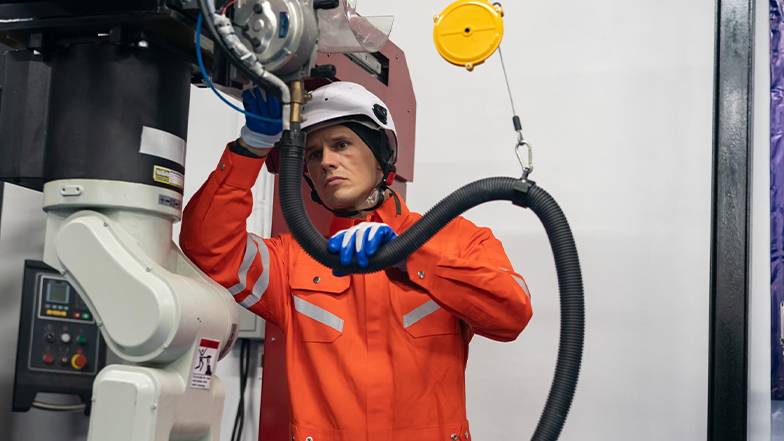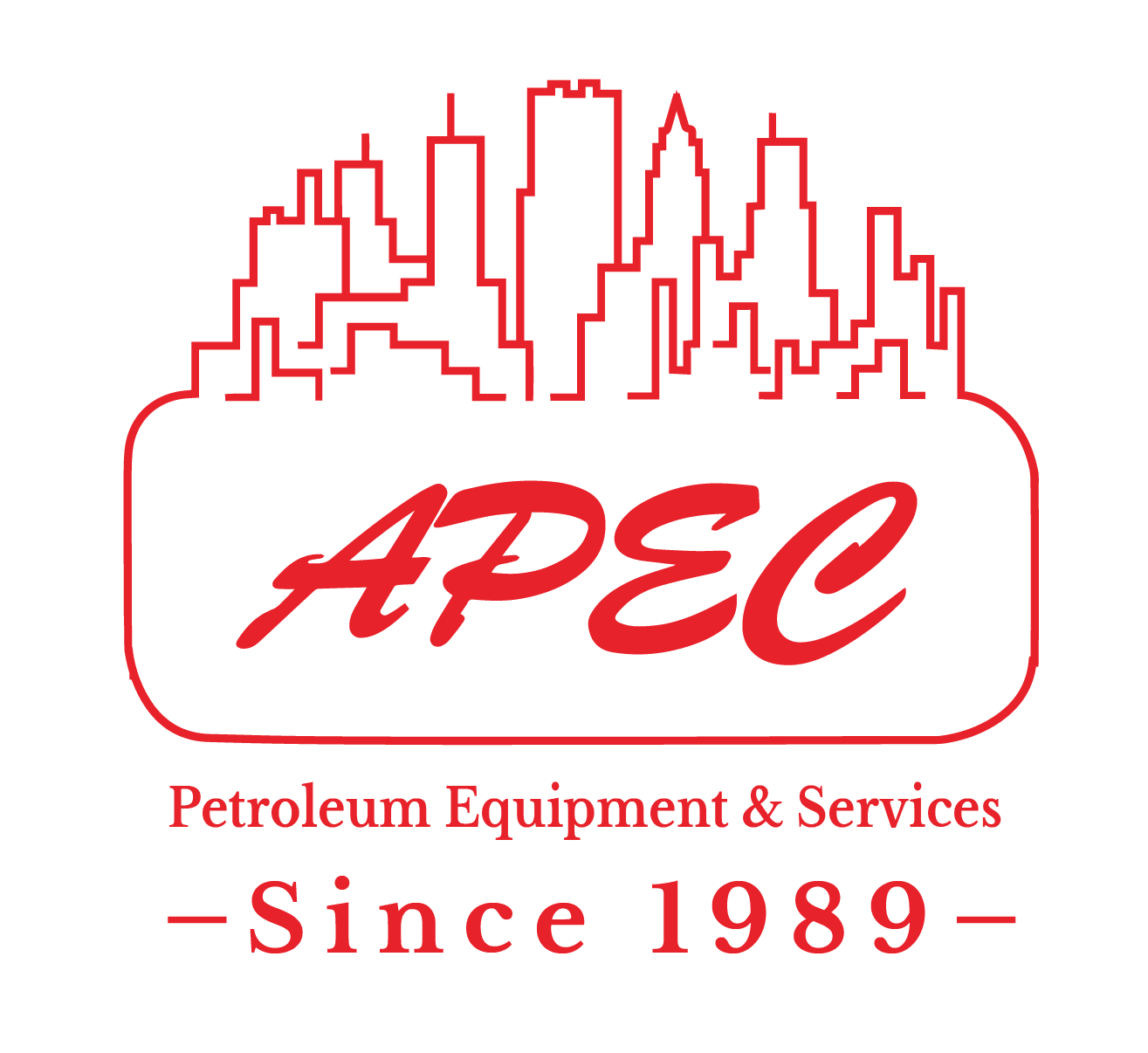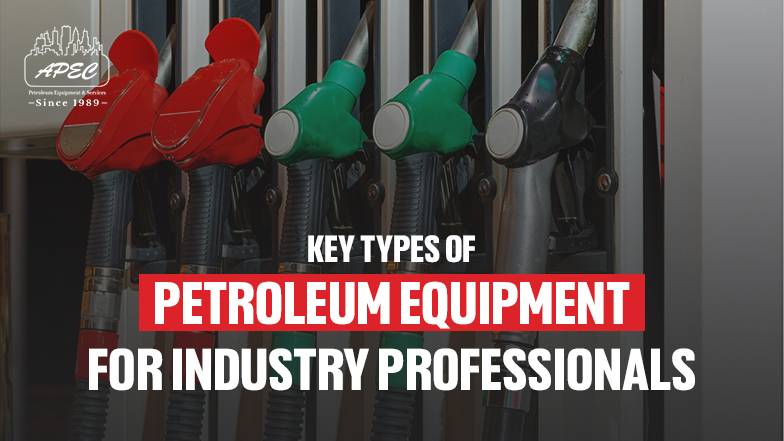Key Types of Petroleum Equipment for Industry Professionals
Petroleum equipment is crucial for the oil and gas industry. As you know, the oil and gas sector is the biggest industry in the world, and oilfield equipment plays a vital role in oil and gas activities like resource extraction, exploration, refining, and distribution. They ensure the efficient process from drilling wells to storing petroleum products.
APEC A Petroleum Equipment Company – Your Top Choice One-Stop Shop
Types Of Petroleum Equipment
There is a wide variety of petroleum equipment used for various purposes. Let’s dive into the types of petroleum equipment:
Refining Equipment
The Refining equipment turns crude oil into useful byproducts like diesel, jet fuel, and gasoline. Refining equipment is an expensive industrial process and covers three basic steps: separation, conversion, and treatment. Some common refining equipment includes distillation columns, catalytic crackers, reformers, etc.
Extraction Equipment
Once a well is drilled, the extraction equipment pumps oil and gas from underground wells to the surface. Some common extraction equipment includes pumps, which lift the petroleum from the well; Separators, which separate the oil, gas, and water; and many others.
Exploration Equipment
For exploration, few tools are used to find oil and gas reserves. The Seismic survey equipment and drilling rig are crucial for discovering potential oil and gas resources.
Storage and Transport Equipment
Pipelines and tanker trucks transport petroleum products, and underground storage tanks are commonly used for storage.
Maintenance Of Petroleum Equipment
Petroleum equipments needs active maintenance management because regular maintenance helps extend the equipment’s lifespan and contributes to success in the industry. Routine maintenance includes checking for leaks, cleaning filters, lubricating moving parts to ensure oilfield equipment is in good condition, and streamlining the tasks effectively.
Benefits of Petroleum Equipment Maintenance

Proper maintenance of petroleum equipment is important for extending its lifespan and reducing the chance of unnecessary expenses. Regular maintenance and inspection are the best ways to ensure that everything is in proper working condition. If any issues are found, it’s important to address them quickly by a repair professional. Some benefits of maintenance equipment are listed below:
- Equipment runs efficiently with a prolonged lifespan
- Fixing minor issues over time is less expensive
- Regular maintenance ensures that the equipment compliance with regulations
- Well-maintained equipment streamlines the process effectively
- Reduce the risks of accidents and malfunctions.
Uses Of Petroleum Equipment
Petroleum equipment is widely used throughout the various industries. They are used for a wide range of purposes. Let’s dive into the uses of petroleum equipments.
Extraction and Refining
Petroleum equipment is important in the process of extraction and refining of crude oil. Drilling rigs, pumps and separators extract oil and process the crude oil into useful petroleum products like diesel, gasoline and jet fuel
Industrial Applications
They are widely used in various industrial operations, including manufacturing processes, petrochemical plants, power generation facilities and aviation. Equipment like tanks, pipelines, and pumps are essential for industrial operations.
Fuel distribution:
Gas pumps also depend on petroleum equipment to dispense fuel to vehicles. They are equipped with advanced features to ensure accurate measurements.
These are just a few uses; petroleum equipment is versatile and crucial for our daily lives.
Safety Precaution for Petroleum Equipments

Safety precautions are important for petroleum equipment. They deal with high-pressure systems and flammable substances that need safety precautions to handle properly. So, it’s necessary to follow the safety precautions to prevent incidents and streamline smooth operations. Some important safety precautions are given below:
Regular Inspection and Maintenance
Inspect and maintain petroleum equipment regularly, including checking for leakage and preventing spills, to ensure the proper functioning of equipments.
Fire Suppression System
Ensure the installation of fire suppression systems, such as sprinklers and fire extinguishers, to prevent accidents.
Certified Trainers
Operators and technicians must undergo training and certification to safely handle equipment and know how to quickly shut down equipment in emergencies.
Troubleshooting Petroleum Equipment
Workers must regularly inspect and maintain all equipment to ensure a safe and smooth operation. Petroleum equipment can cause serious problems such as leaks, spills, fires, explosions, etc. Therefore, it is essential to troubleshoot them quickly to streamline the operations effectively.
Check Connections
It’s important to check that all equipment is properly connected to a power source and that all connections are secure because loose connections cause issues.
Inspect for damage
Check the equipment carefully for leaks, cracks, or broken components. Address them promptly to prevent further issues and hazards.
Professional Assistance
If you still need to resolve issues, it’s best to seek professional assistance from qualified technicians.
Restart the equipment
Restart the equipment for smooth operations, as minor issues often resolved easily with a restart.
Remember that safety is a top priority, so if you encounter any potential hazards such as leaks, spills, or strong odours, you must contact the authorities or emergency services.





